Japan's tourism and retail stocks took a hit on Monday as tensions between Tokyo and Beijing escalated over Taiwan. The dispute led to a warning from the Chinese government advising its citizens to avoid traveling to Japan, resulting in a significant decline in shares related to the country's tourism and retail sectors.
Shares in Japanese department stores plummeted, with Mitsukoshi and Isetan's parent company experiencing a staggering 11.9% drop in value. Other prominent brands, such as cosmetics company Shiseido, also suffered sharp declines, with its shares falling by 8.1%. The parent company of global fashion chain Uniqlo, Fast Retailing, closed 5.6% lower, while department store chain Takashimaya's shares plummeted by 5.5%.
The airline industry was also affected, with Japan Airlines and ANA Holdings experiencing declines of 4.4% and 4.2%, respectively. Oriental Land, the theme park company behind the Tokyo Disney resort, saw its shares drop by 5.8%.
The tourism sector, which has consistently ranked among the top sources of visitors to Japan, was particularly hard hit by the warning from the Chinese government. In 2020, China accounted for 7.3 million of the 31.9 million foreign visitors to Japan, making it the country's largest source of international tourists.
The decline in shares is a reflection of the significant impact that China's warning has had on Japan's tourism and retail sectors. The country's tourism industry relies heavily on international visitors, and a decline in Chinese tourists could have far-reaching consequences for the sector. The warning from the Chinese government has also led to concerns about the potential for a broader economic impact, as Japan's economy is heavily reliant on international trade.
The dispute between Tokyo and Beijing has been ongoing for several weeks, with Japan's Prime Minister Sanae Takaichi suggesting that Tokyo could take military action if Beijing were to attack Taiwan. The escalation of tensions has led to a deterioration in relations between the two countries, resulting in the warning from the Chinese government.
The impact of the dispute on Japan's tourism and retail sectors is likely to be significant, with many companies relying on international visitors to drive sales. The decline in shares is a reflection of the uncertainty and risk associated with the dispute, and the potential for a broader economic impact.
In the coming weeks and months, investors will be closely watching the situation to see how it develops. If tensions between Tokyo and Beijing continue to escalate, it is likely that the impact on Japan's tourism and retail sectors will be felt for some time. However, if the situation were to de-escalate, it is possible that shares in the affected companies could recover.
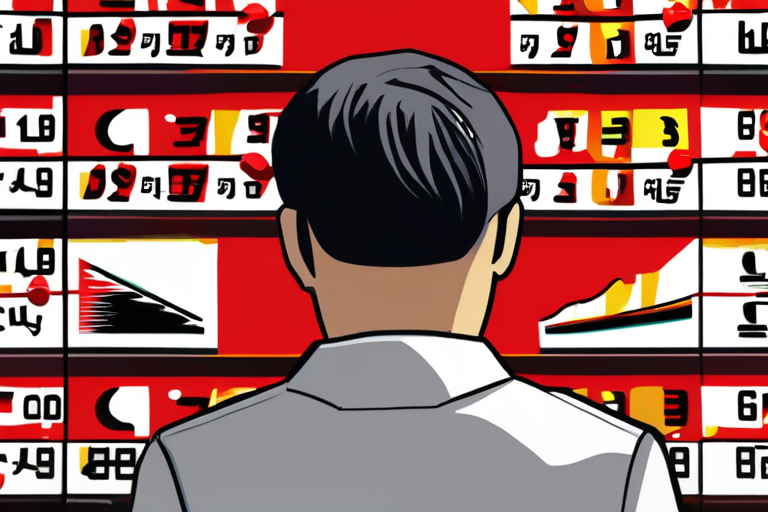


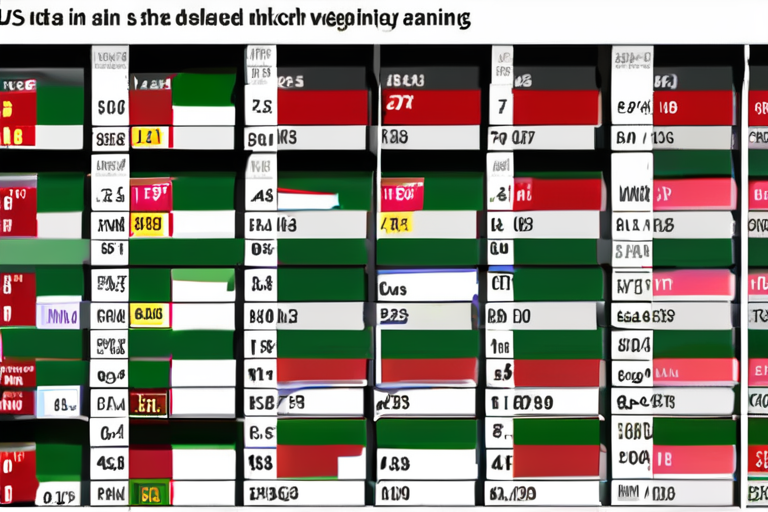






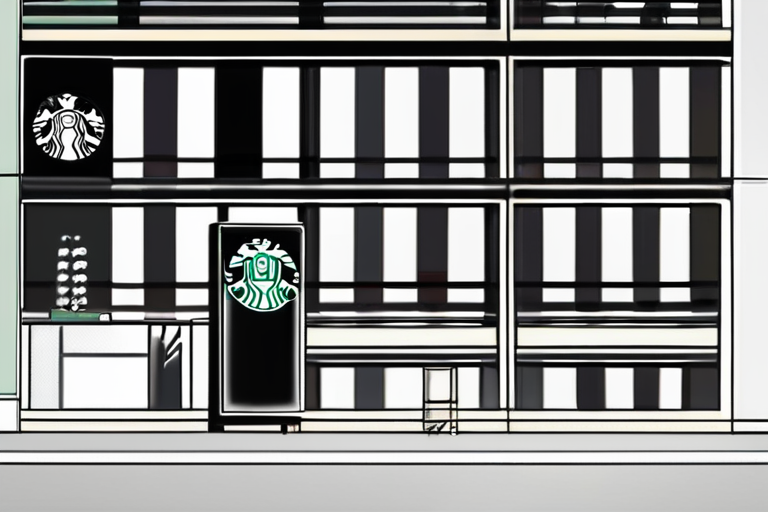


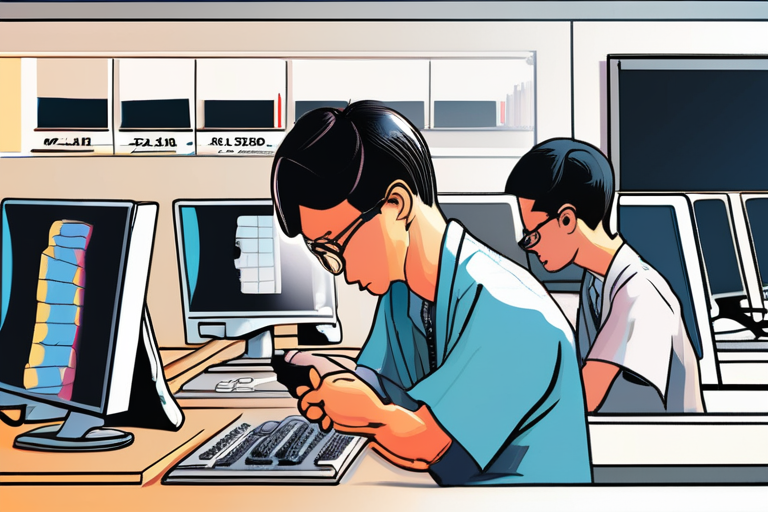




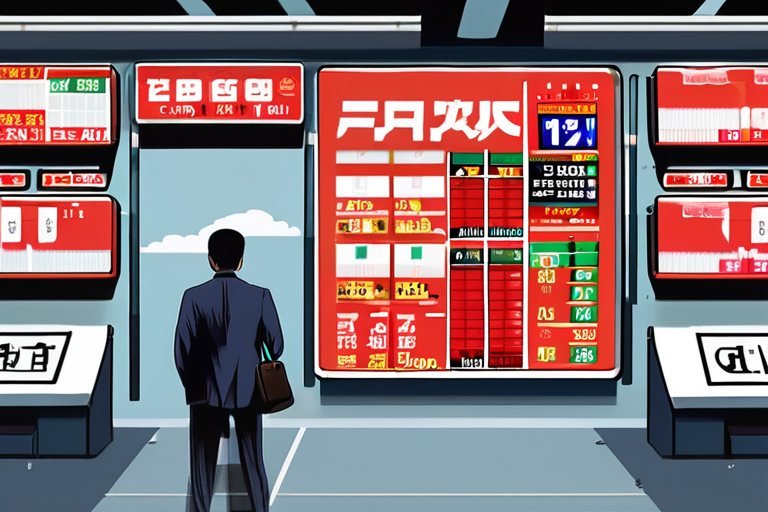
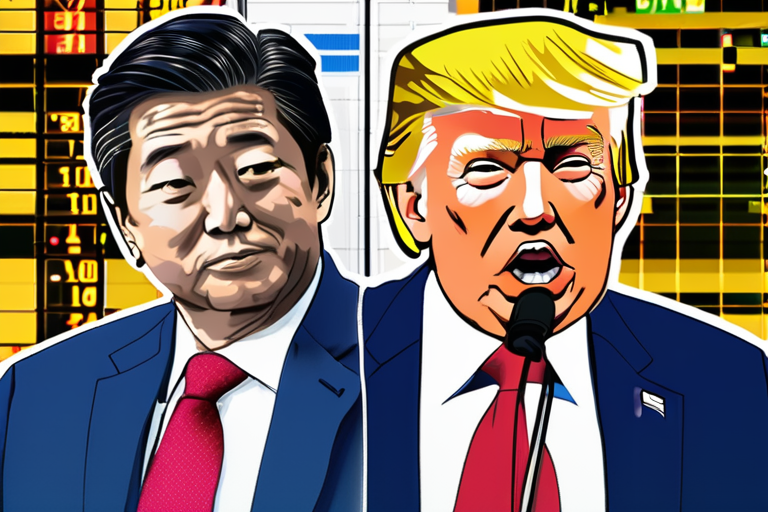


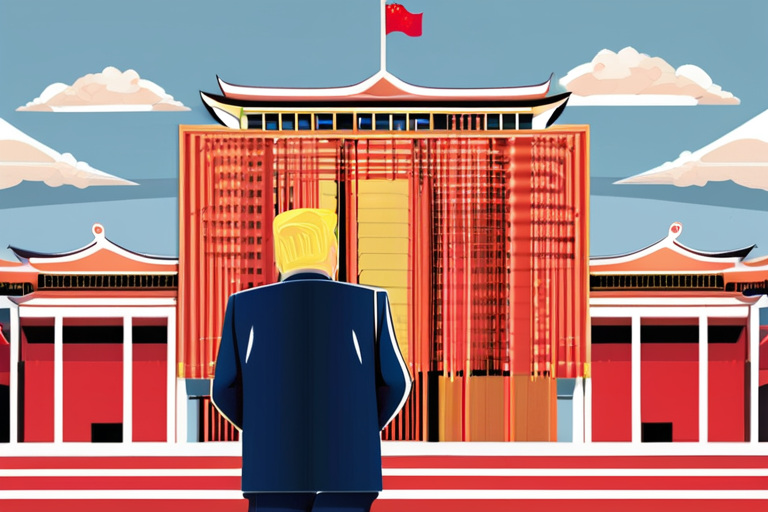


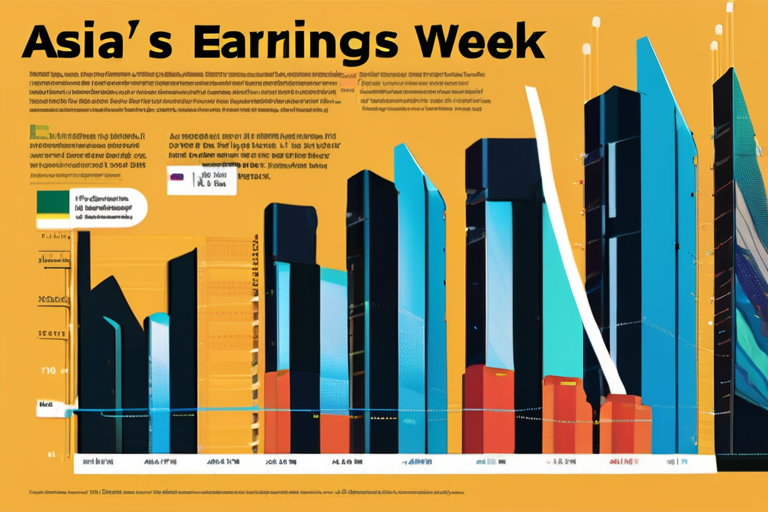
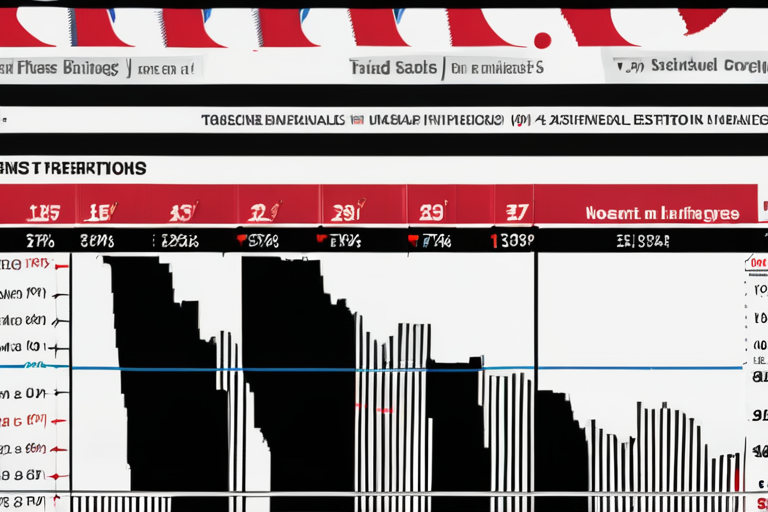
Share & Engage Share
Share this article